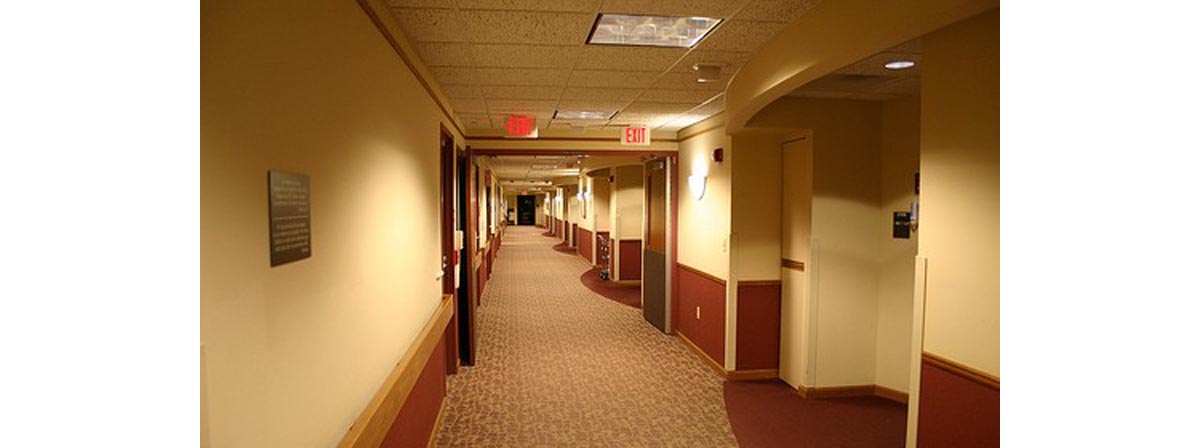Table of Contents
The first thing everyone needs to know about going to a hospital is that how you are able to pay almost always makes a major difference in how you will be treated. Just how big a difference does insurance co coverage make?

Researchers affiliated with the University of Virginia Health System analyzed nationwide data on heart valve operations. Analyzing the records of 477,932 patients from the National Inpatient Sample database, they found that:
- 2.9% of privately insured patients died or suffered serious complications from heart valve surgery.
- 5.2% of uninsured patients died or suffered serious complications from heart valve surgery.
- 5.7% of Medicaid patients died or suffered serious complications from heart valve surgery.
- 6.9% of Medicare patients died or suffered serious complications from heart valve surgery.
Medicare, of course, is usually only available to Americans who have past the age of 65, so one might expect more deaths or complications among the elderly receiving the surgery. However, when the authors of the study found that the longest hospital stays were endured by patients whose bills were paid by Medicaid. The authors also found that Medicaid patients were the most likely to suffer complicating conditions such as alcoholism or drug abuse. Studies of other procedures, such as resection of the colon after treatment for colon cancer, have found similar results.
Why does having insurance make a difference?
- If you have insurance, you are more likely to get treated when surgery is an elective procedure rather than when it is an emergency.
- If you have insurance, you are more likely to be referred to the most experienced surgeons or specialists in your area of need.
- If you have insurance, you are more likely to get the follow-up care you need, and the medications you need, to avoid post-surgical complications and relapses of your underlying condition.
Many Americans will be able to get excellent private insurance at affordable rates, often as little as $100 per month, in lieu of Medicaid, and families of four earning up to $90,000 per year will be able to get insurance at lower rates.
Go to hospitals associated with medical schools.
You'll be a teaching case, but your care will be reviewed by more than just one doctor with the literal power of life and death. You're also far more likely to be referred to a Medical Assistance Program, which will help you obtain expensive medications if you need them.
Go to hospitals run by local governments.
Your city, county, or state has an interest in your not, for instance, dying of a heart attack while you are driving into an intersection at the same time as a school bus. You may have to wait to get care, and the conditions may not be especially pleasant, but you won't be denied care just because you don't have money.
Go to local "safety net" hospitals.
True charity hospitals are rare, but they are more likely to make sure you are fixed up during your stay so they can use their resources serving other patients.
Make it very clear to your doctors that you are going to do everything you possibly can to get well, and then do everything you possibly can to get well. Doctors are motivated by making their patients well, sometimes more than by receiving high fees.
Most Americans who need major surgery or long-term medical treatment can get it, although it may not be easy to find. The situation should improve in 2014, but don't wait. Get needed care now, and keep complications to a minimum.
- Eappen S, Lane BH, Rosenberg B, Lipsitz SA, Sadoff D, Matheson D, Berry WR, Lester M, Gawande AA. Relationship between occurrence of surgical complications and hospital finances. JAMA. 2013 Apr 17. 309(15):1599-606.
- Lapar DJ, Bhamidipati CM, Walters DM, Stukenborg GJ, Lau CL, Kron IL, Ailawadi G. Primary payer status affects outcomes for cardiac valve operations. J Am Coll Surg. 2011 May. 212(5):759-67. doi: 10.1016/j.jamcollsurg.2010.12.050. Epub 2011 Mar 12. PMID: 21398153.
- Photo courtesy of New Media Ba by Picasa : picasaweb.google.com/104919940046622069790/Zene#5586495859140462146
- Photo courtesy of Avinash Bhat by Flickr : www.flickr.com/photos/68177867@N00/6826573698/


Your thoughts on this